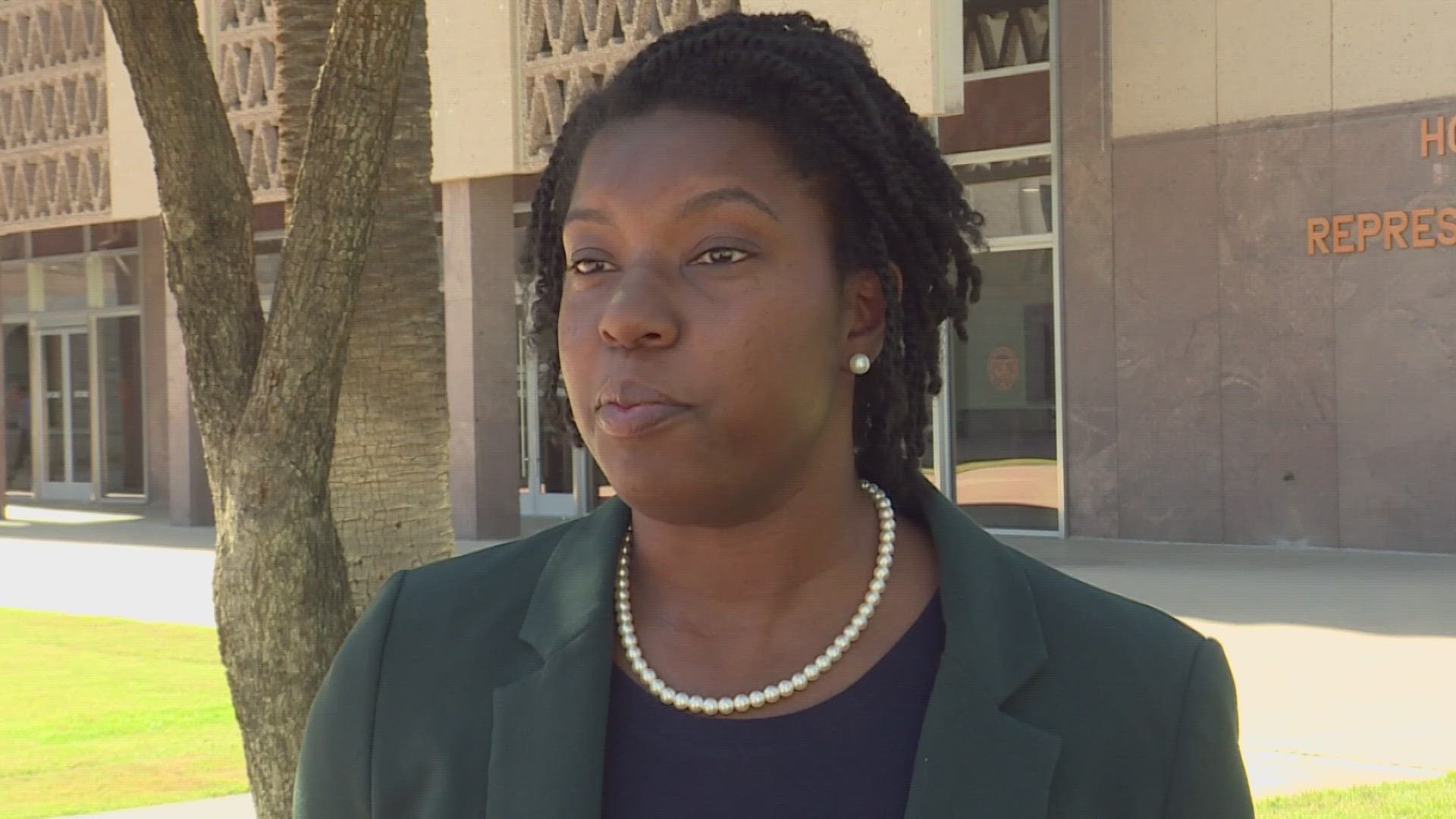PHOENIX — In 2003, Supreme Court Justice Sandra Day O’Connor defended affirmative action practices by universities. Writing for the 5-4 majority in Grutter v. Bollinger, O’Connor wrote that student body diversity is a “compelling state interest.”
“We agree that, in the context of its individualized inquiry into the possible diversity contributions of all applicants, the Law School’s race-conscious admissions program does not unduly harm nonminority applicants,” O’Connor wrote.
Thursday’s ruling in Students for Fair Admissions v. Harvard University essentially overrides the 2003 decision.
But O’Connor also made an unusual prediction in the final paragraphs of the 2003 opinion about a future off-ramp for affirmative action.
Citing progress that had been made the previous 25 years in universities to diversify student bodies, O’Connor wrote, “We expect that 25 years from now, the use of racial preferences will no longer be necessary to further the interest approved today.”
Speaking to 12News Thursday, O’Connor’s son Scott joked that his mom’s prediction of 25 years was pretty good.
“What is that? 80%? That’s not too far off,” Scott O’Connor said. He described his mom’s prediction as a reflection of her compassion for disadvantaged groups and her optimism for the country.
Whether Justice O’Connor would agree that the past two decades have produced sufficient progress to overturn the 2003 decision is unknown. The former justice has late-stage Alzheimer’s disease.
The plaintiffs in the two cases before the Supreme Court argued that Harvard College discriminates against Asian American applicants compared to white, Black and Hispanic applicants with similar qualifications. As the New York Times recently noted, a majority of Asian adults disapprove of racial consideration in admissions, and Asian Americans are more likely than other groups to enroll in selective colleges and universities.
Scott O’Connor said in hindsight, he thinks his mom would have struggled with the impact that race-related standards have had on Asian Americans.
“In 2003 I don’t think we appreciated the phenomenon the Asian minority was going through,” he said.
Up to Speed
Catch up on the latest news and stories on the 12News YouTube channel. Subscribe today.

